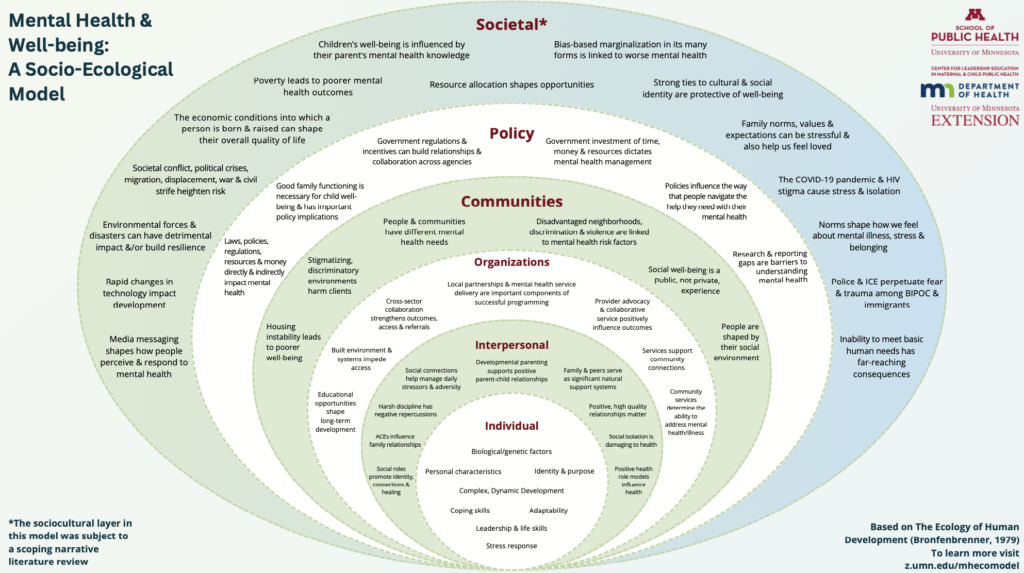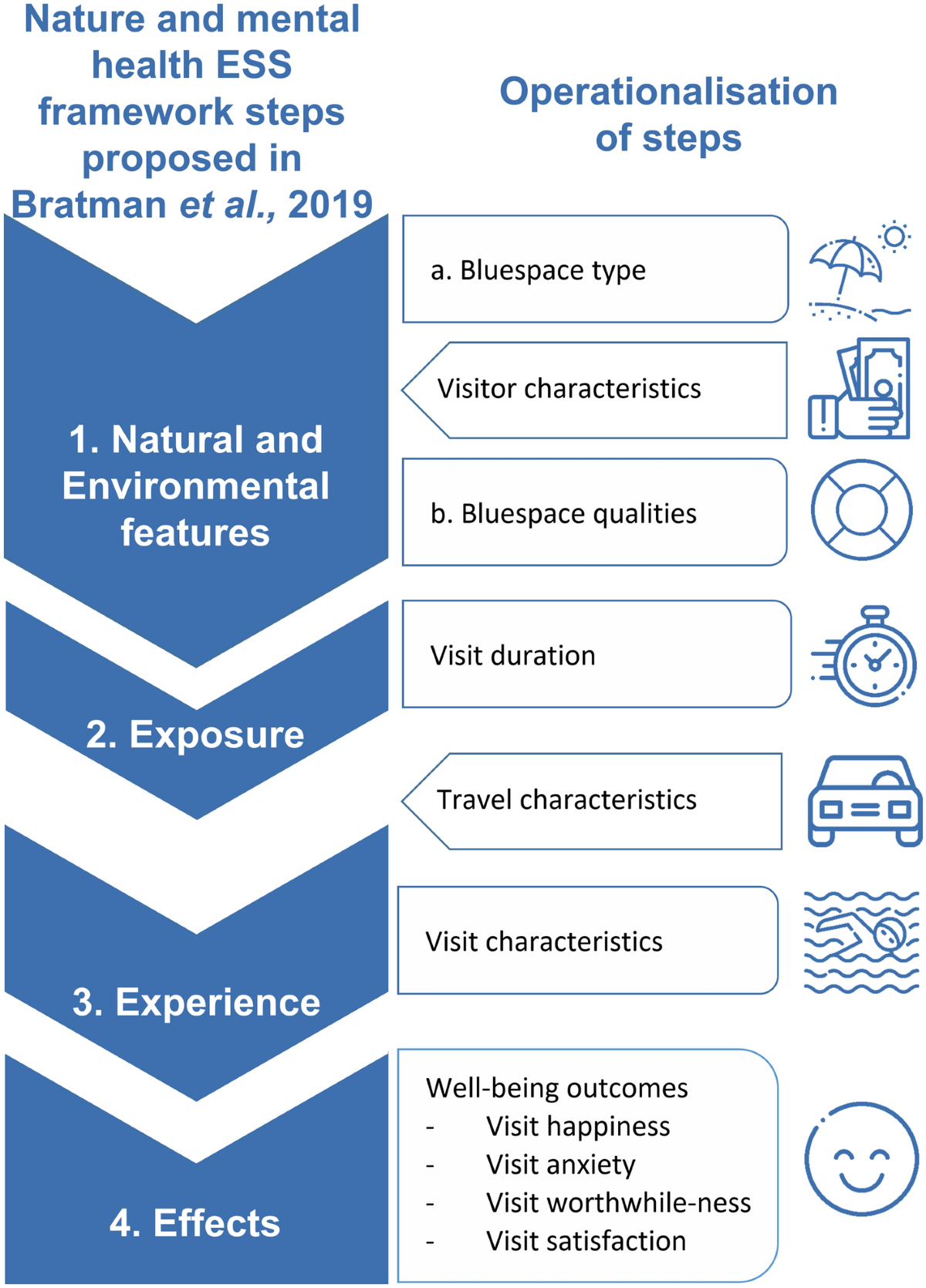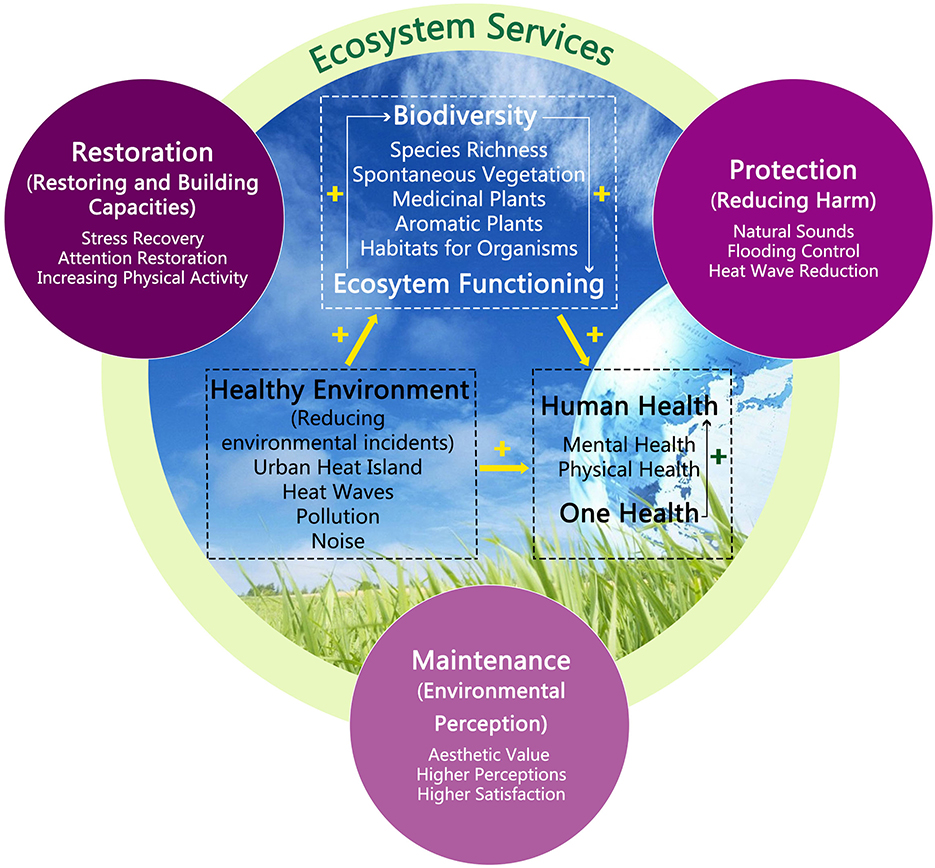How Healthy Ecosystems Boost Your Mental and Physical Wellbeing
Writer passionate about eco-friendly lifestyles and green living.

Writer passionate about eco-friendly lifestyles and green living.

Ecosystems are intricate networks of living organisms, their physical environment, and the interactions that sustain them. These systems range from vast forests and wetlands to urban parks and gardens. Each ecosystem plays a crucial role in maintaining ecological balance and providing essential services, such as clean air and water, which are vital for human health.
Healthy ecosystems exhibit biodiversity, resilience, and sustainability. They provide habitats for various species, contribute to nutrient cycling, and support human well-being through ecosystem services. Indicators of a healthy ecosystem include diverse plant and animal life, clean waterways, and an absence of pollution.
The connection between nature and mental wellbeing is profound. Exposure to natural environments has been linked to reduced stress, anxiety, and depression. Studies suggest that spending time in green spaces can increase feelings of happiness and satisfaction.
Green spaces, such as parks and forests, provide an escape from the hustle of urban life. Natural settings promote relaxation and help lower cortisol levels, the hormone associated with stress. Research shows that individuals who engage with nature experience significant reductions in anxiety and improved mood.

Forest bathing, or shinrin-yoku, is a Japanese practice that encourages immersing oneself in the forest atmosphere. Developed in the 1980s, this technique promotes physical and mental health through mindful engagement with nature.
Research indicates that forest bathing can enhance mood, reduce stress hormones, and improve overall emotional well-being. A study revealed that participants who practiced forest bathing showed increased levels of serotonin, a neurotransmitter linked to feelings of happiness.
Ecotherapy integrates nature into therapeutic practices to support mental health. It encompasses various activities, including gardening, nature walks, and structured forest therapy sessions. These activities foster a connection with the environment, promoting emotional healing and resilience.
Physical activity in natural environments can lead to enhanced fitness levels and improved cardiovascular health. Activities like hiking, biking, or even brisk walking in parks can significantly boost physical health.
Studies have shown that spending time in nature can lower blood pressure, reduce heart rates, and improve immune function. The healing properties of nature contribute to overall physical wellness.

Phytoncides are natural chemicals emitted by trees and plants that have been shown to boost immune function. These compounds can enhance the activity of natural killer cells, which play a crucial role in fighting infections and tumors.
Research indicates that exposure to phytoncides can lead to improved immune responses and decreased stress levels. This highlights the importance of nature in promoting health through biochemical pathways.
Numerous studies have established a positive correlation between green space exposure and mental health. For instance, individuals living near parks report lower levels of stress and anxiety, contributing to overall well-being.
As urbanization increases, access to green spaces diminishes. Ensuring the availability of parks and natural areas in cities is essential for promoting mental health and improving quality of life for residents.
Urban green spaces provide essential benefits, including promoting physical activity, reducing pollution, and enhancing social interactions. These spaces serve as vital resources for mental health and community cohesion.
Community involvement in the upkeep of green spaces fosters a sense of ownership and responsibility. Engaging local residents in gardening and conservation efforts can strengthen community ties and enhance the mental health benefits of these environments.
Taking intentional walks in parks or forests can deepen your connection with nature. Focus on the sights, sounds, and smells around you to enhance your mindfulness practice.
Participating in community gardening projects not only connects you with nature but also fosters social relationships, enhancing emotional well-being.
Incorporate natural elements into your home, such as houseplants or nature-themed décor, to create a calming environment that promotes mental health.
Make it a habit to visit local parks or nature reserves regularly. Even short visits can provide significant mental and physical health benefits.
Healthy ecosystems play a crucial role in supporting both mental and physical well-being. Engaging with nature through practices like forest bathing and ecotherapy can lead to significant improvements in health.
Incorporating nature into our daily lives is essential for maintaining health in an increasingly urbanized world. By prioritizing green spaces and nature-based activities, we can enhance our overall well-being and foster a deeper connection with the environment.
— in Wildlife Conservation and Deforestation
— in Sustainable Living
— in Sustainability and Carbon Offsetting
— in Wildlife Conservation and Deforestation
— in Sustainability and Carbon Offsetting